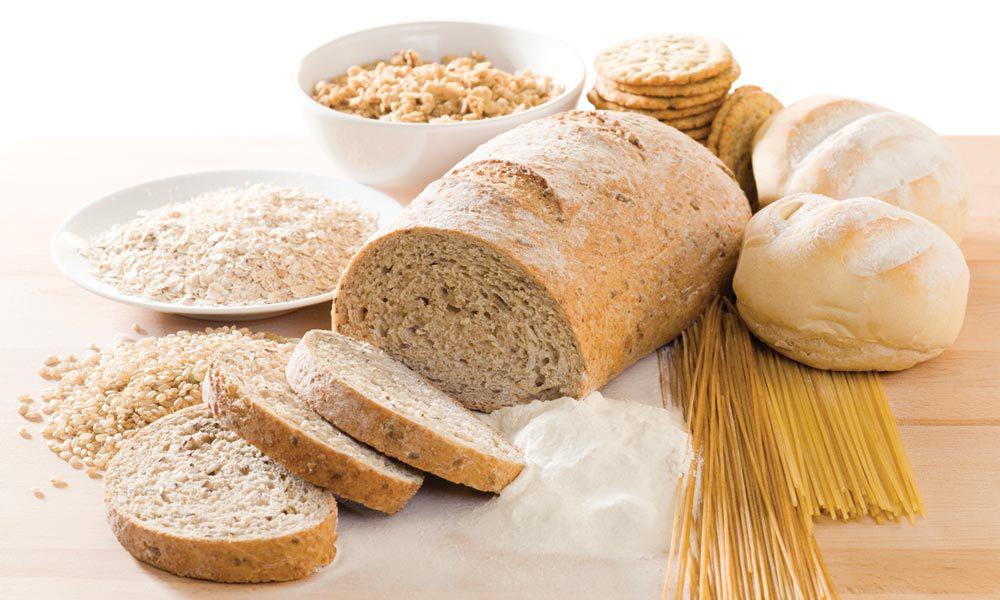
If you've been experiencing digestive issues, constant fatigue, skin rashes, or unexplained weight loss, then it's possible that you may have celiac disease or gluten sensitivity. Though it's essential to get an official diagnosis from a doctor, many of the signs and symptoms associated with gluten intolerance can be managed through careful monitoring of food intake and modifications in lifestyle. In this blog post, we'll look at what causes celiac disease and gluten sensitivity while exploring some tips on how to manage them effectively. Read on for more information about identifying your condition and taking steps toward finding relief!
What exactly is Celiac Disease and Gluten Sensitivity - A brief overview
Celiac Disease and Gluten Sensitivity are two related conditions that are becoming increasingly common. Celiac Disease is an autoimmune disorder where the body's immune system attacks the small intestine when gluten is ingested. Gluten Sensitivity, on the other hand, is a less severe condition where symptoms are similar, but the immune system doesn't attack the small intestine. Both conditions can cause a range of symptoms, from digestive issues to fatigue and skin rashes. While treatment for Celiac Disease is a strict gluten-free diet, those with gluten sensitivity may experience relief simply by reducing their intake. It's important to note that if you are experiencing gastrointestinal issues or other symptoms, it's important to speak with a healthcare professional to determine if you have one of these conditions or if it's something else entirely, like the need for hemorrhoid bleeding treatment.
Tips for transitioning to a gluten-free diet
Transitioning to a gluten-free diet can be both exciting and daunting. The prospect of feeling healthier and more energized can be enticing, yet giving up some of your favorite foods and learning to navigate a new way of eating may seem overwhelming. However, for those who suffer from hemorrhoid bleeding, transitioning to a gluten-free diet can bring much-needed relief. Gluten, a protein found in wheat, barley, and rye, can cause inflammation in the gut, which can aggravate hemorrhoids. By removing gluten from your diet and focusing on whole, nutrient-dense foods, you may find that your hemorrhoid symptoms improve. Remember to take it slow, consult with a healthcare professional, and find delicious gluten-free alternatives to keep your diet interesting and sustainable.
Strategies on how to read food labels and understand what ingredients are safe
When it comes to choosing what to eat, reading food labels can be overwhelming. The long list of ingredients can seem like a foreign language, leaving many unsure of what they're actually consuming. If you're someone who wants to understand what ingredients are safe, the first step is to look for certain keywords, such as "organic" or "non-GMO." Additionally, avoiding artificial colors and flavors can also be beneficial. It's important to be mindful of the amount of sugar and sodium in your food, which can lead to health issues such as high blood pressure and obesity. Making these simple changes can have a positive impact on your overall health and well-being, including hemorrhoid bleeding treatment.
Suggestions on finding gluten-free restaurants and recipes
While searching for gluten-free options, there are a few key things to keep in mind. First, look for restaurants that specifically cater to gluten-free diets. These establishments will often have dedicated menus and kitchen spaces to ensure that cross-contamination does not occur. Additionally, online resources such as Yelp or TripAdvisor can provide reviews and recommendations from other individuals with gluten sensitivities. When it comes to recipes, it can be helpful to search for gluten-free substitutes for your favorite dishes. For example, cooking with almond flour or using gluten-free pasta alternatives can help you enjoy your favorite meals without the adverse effects of gluten. If you are experiencing hemorrhoid bleeding, be sure to discuss any dietary changes with your healthcare provider to ensure that you are making the best choices for your body.
Ideas for stocking up your pantry with gluten-free products
While the topic at hand is stocking up on gluten-free products, it's important to note that some individuals with celiac disease or gluten intolerance may also have hemorrhoids. If that's the case, it's vital to have a trustworthy hemorrhoid bleeding treatment on hand. In terms of gluten-free pantry staples, there are plenty of options available. Consider filling your pantry with gluten-free flour, pastas, cereals, and snacks. It's also wise to include canned goods, such as beans and vegetables, and condiments, like gluten-free soy sauce and salad dressings. Don't forget about baking essentials, like baking powder and baking soda. With a well-stocked pantry, preparing gluten-free meals becomes a breeze.
Benefits of exercising regularly and staying active while managing Celiac Disease or Gluten Sensitivity
Exercising regularly and staying active can bring a host of benefits for those managing Celiac Disease or Gluten Sensitivity. Though it may seem challenging, incorporating physical activity into your routine can be highly beneficial for improving overall health and managing symptoms. Regular exercise can improve digestion, boost energy levels, and aid in weight management. Additionally, staying active can reduce stress levels which can have a positive impact on gut health. For those who experience hemorrhoid bleeding as a result of gluten sensitivity, exercise can also serve as a preventative measure. By strengthening the muscles in the pelvic area, hemorrhoids can become less likely to develop. Overall, exercising regularly and incorporating physical activity can be an incredibly helpful tool for those managing Celiac Disease or Gluten Sensitivity.
